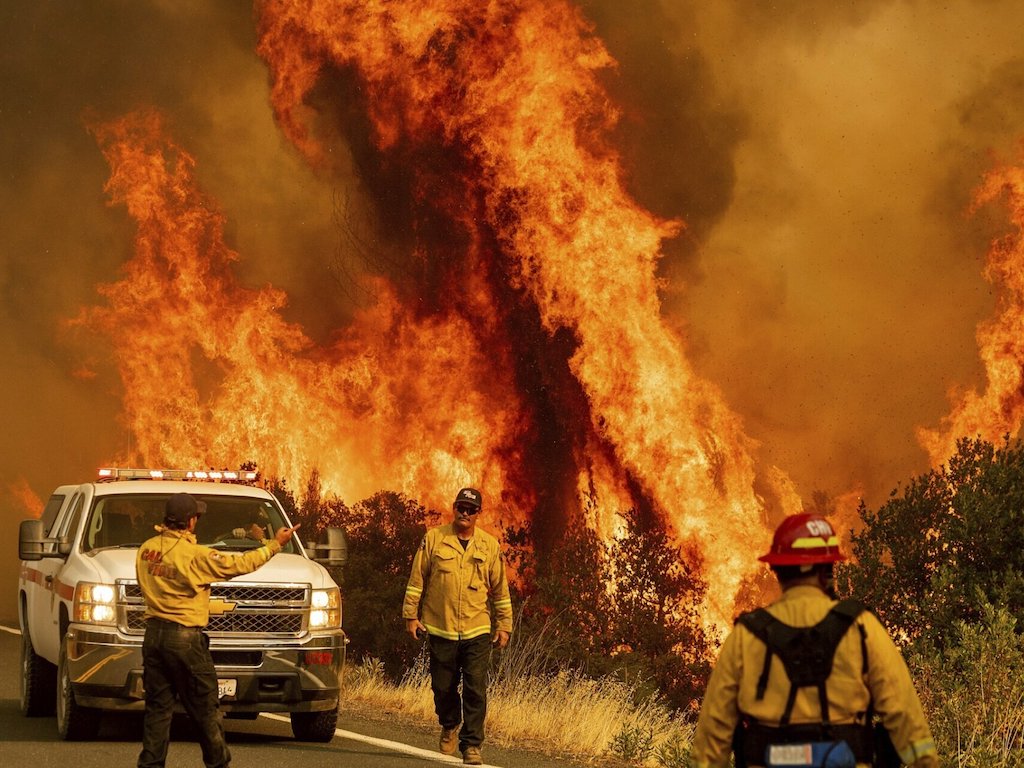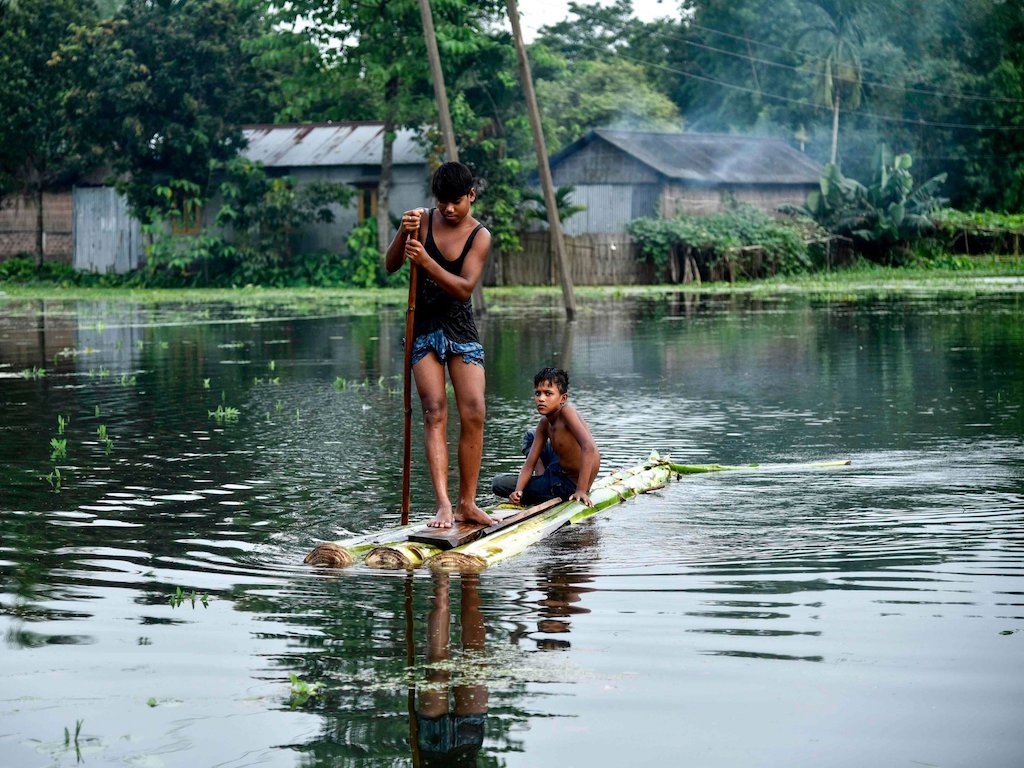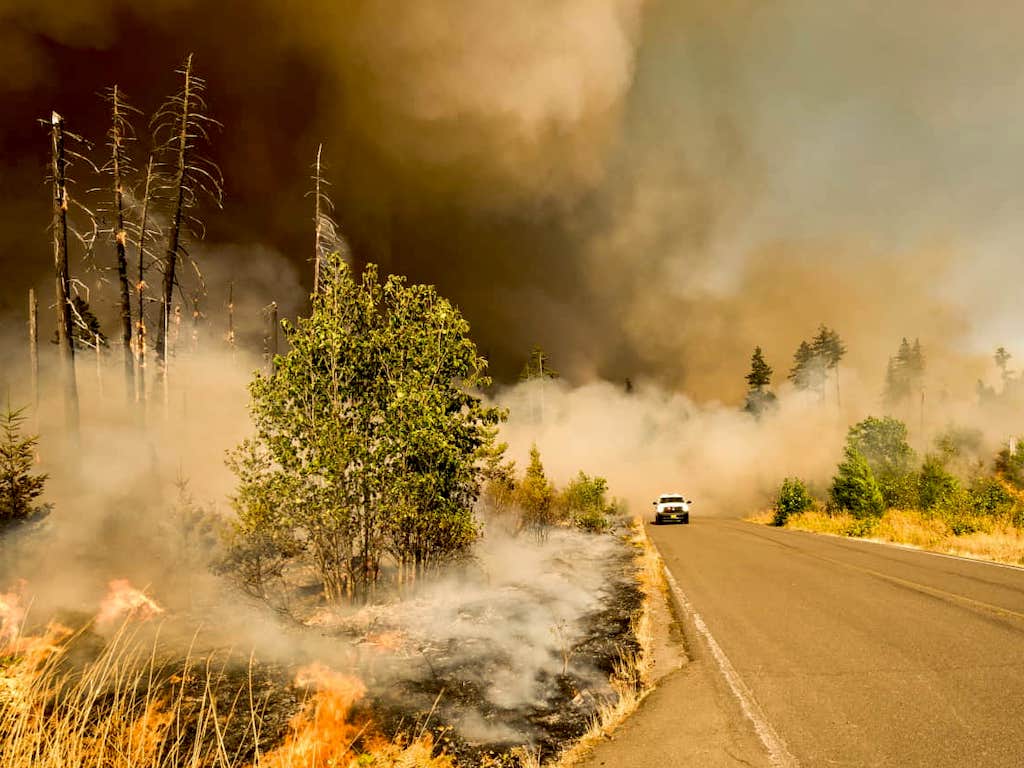4 Mins Read
A new report on the climate released by the United Nations has called on all nations to upscale adaptation investment, from improving access to risk information to implementing early warning systems. With extreme weather and climate events set to increase drastically in frequency and severity as a result of the climate crisis, the research says it is vital for all countries to put adaptation and action at the heart of their coronavirus rebuilding plans.
Released today (October 13) on the International Day for Disaster Risk Reduction, the State of Climate Services 2020 report says that currently, one in three people remain vulnerable to climate disasters due to not being adequately covered by early warning systems. With the number of disasters over the past 50 years increasing more than five times and the economic losses accrued jumping by seven-fold, the report highlights the need for governments all over the world to invest in strengthening resilience against future climate hazards.
Being prepared and able to react at the right time, in the right place, can save many lives and protect the livelihoods of communities everywhere.
Professor Petteri Taalas, Secretary-General of the WMO
In particular, the research emphasises the need to shift towards forecasting that moves away from the question of “what the weather will be” to “what the weather will do” in order to enable people and businesses to take early action based on warnings and predictions. As of now, only 75 countries in the world currently employ these impact-based forecasts.

The report was coordinated by the U.N. World Meteorological Organisation (WMO) with input from 16 additional international organisations, including the Adaptation Fund, Climate Policy Initiative, the U.N. Food and Agriculture Organisation (FAO), Red Cross, the World Bank and the World Health Organisation (WHO).
“Being prepared and able to react at the right time, in the right place, can save many lives and protect the livelihoods of communities everywhere,” said Professor Petteri Taalas, secretary-general of the WMO.
Without urgent investment in adaptation strategies, by 2030, there could be as many as 216 million people in need of international humanitarian aid as a result of climate disasters such as floods, droughts, wildfires, desert locusts, glacial lake outbursts and storms. In terms of the economy, it could lead to losses amounting to US$20 billion a year, the report finds.
This report provides a timely warning of the need for climate services to protect the most vulnerable from devastating climate events.
Yannick Glemarec, Executive Director of the Green Climate Fund
The lack of early warning systems in climate resilience strategies is particularly acute amongst small island developing states and the least developed countries in the world, who are often already geographically situated in regions where rising temperatures will lead to catastrophic consequences. Since the 1970s, small island developing states have lost US$153 billion from adverse climate hazards, while 1.4 million people in the world’s least developed countries have lost their lives as a direct result.
“The year 2020 has highlighted the importance of building broad resilience in vulnerable developing countries, to climate change but also to health and economic risks,” said Mikko Ollikainen, manager of the Adaptation Fund.

“This report provides a timely warning of the need for climate services to protect the most vulnerable from devastating climate events,” added Yannick Glemarec, executive director of the Green Climate Fund.
There are several policy recommendations that the multi-agency report outlines, including investing in the capacity gaps that lower-income countries face in implementing impact-based forecasting for early warning systems and developing greater consistency in evaluating the effectiveness in these systems in building climate resilience. Countries must now prioritise these policies in their coronavirus rebuilding plans in order to tackle both the current and future threats to their citizens, the report emphasises.
Covid-19 has made risk everybody’s business. We need to carry this understanding and momentum into the much bigger fight for our planet against the larger, stronger, more devastating climate emergency.
Mami Mizutori, Special Representative of the Secretary-General at the UNDRR
“While Covid-19 generated a large international health and economic crisis from which it will take years to recover, it is crucial to remember that climate change will continue to pose an on-going and increasing threat to human lives, ecosystems, economies and societies for centuries to come,“ said Taalas.
“Covid-19 has made risk everybody’s business,” added Mami Mizutori, special representative of the secretary-general at the U.N. Office for Disaster Risk Reduction (UNDRR). “We need to carry this understanding and momentum into the much bigger fight for our planet against the larger, stronger, more devastating climate emergency.”
Similar recommendations have previously been made in a Global Commission on Adaptation report released last year, which saw contributions from figures such as former U.N. secretary-general Ban Ki-moon and Bill Gates, who urged governments to prioritise the implementation of early warning systems.
Lead image courtesy of Marcus Kauffman via Unsplash.




